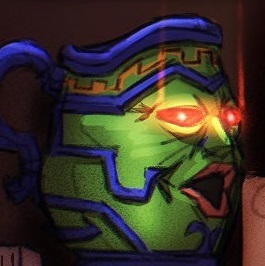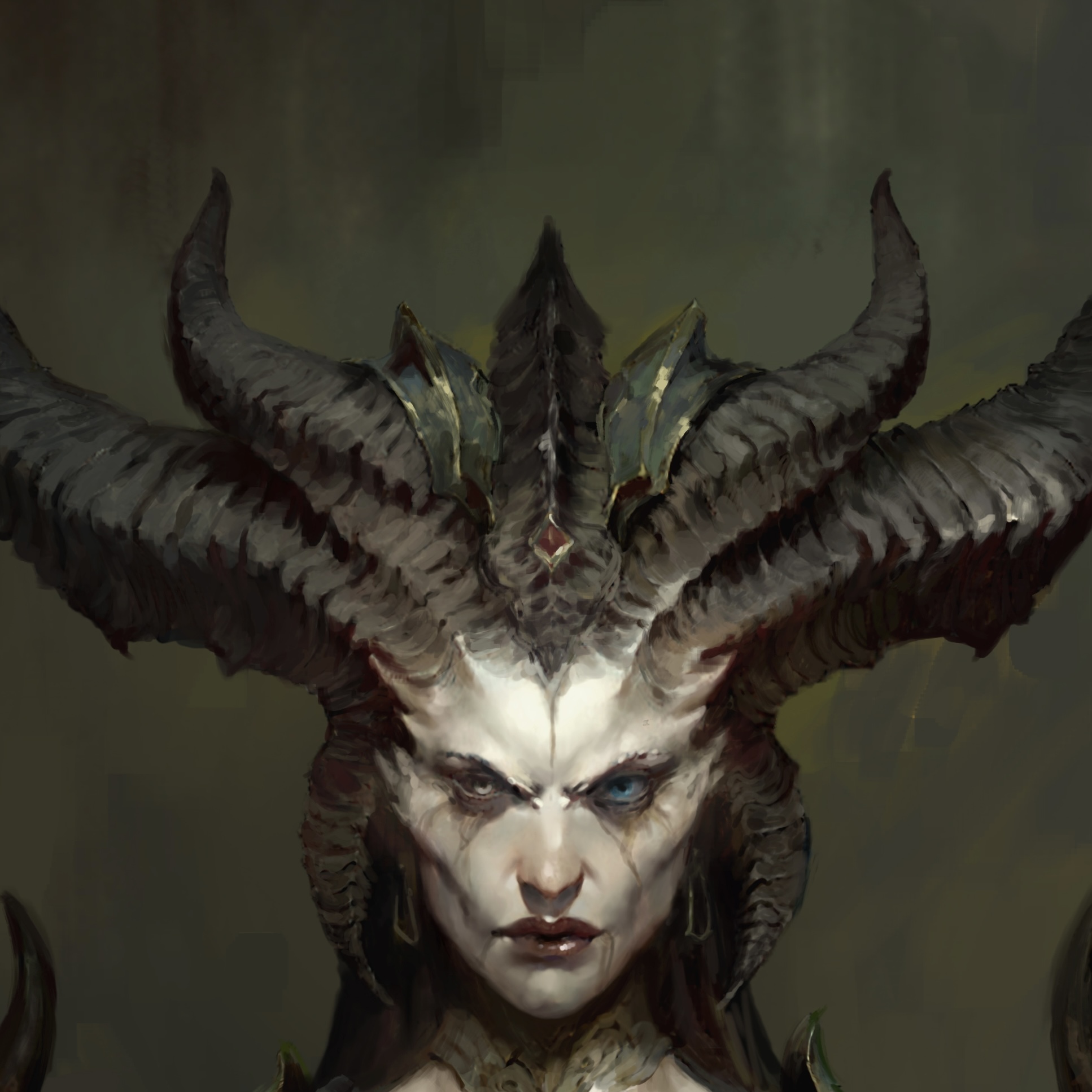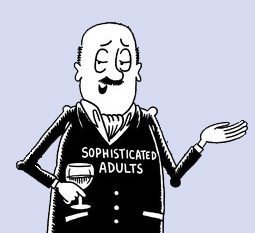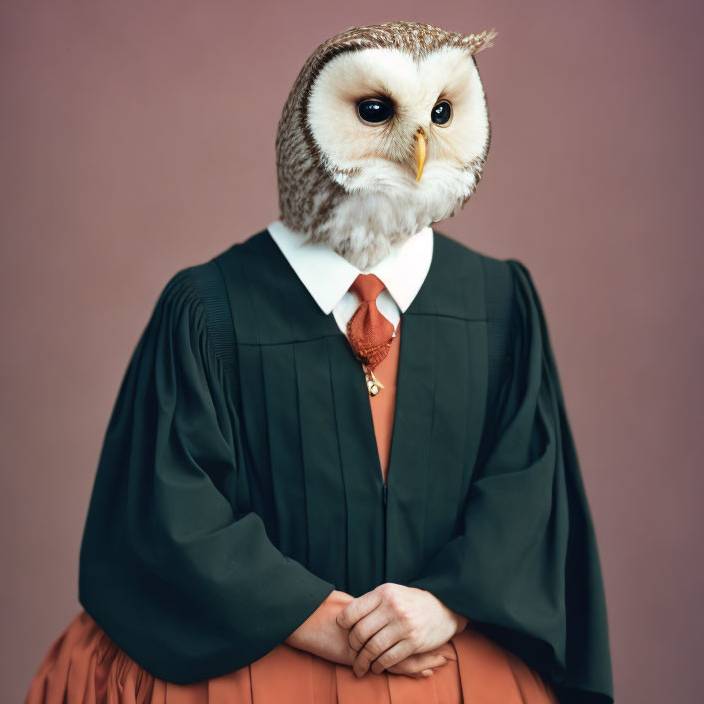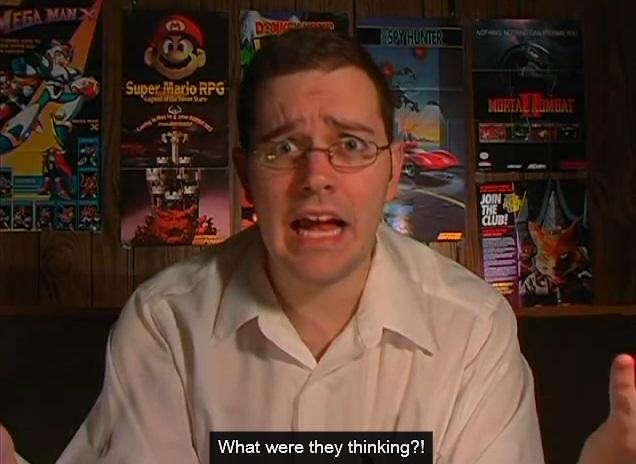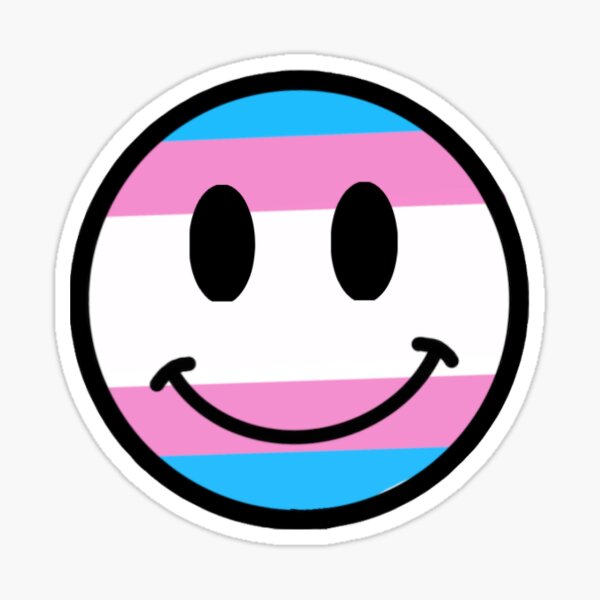The interaction between Frankenstein and his monster where the monster talks about how fucked his shit is was the only interesting part for me.
Idk whether Shelley intended it (it wasn't in my school reading, fight me), but I was pretty fascinated by the parallels between doc Frankie and the God I grew up with. The fevered creation, the instant revulsion, the seeming indecision between destroying its creation and relenting...
But like 3/4 of the book felt extremely unnecessary
Do you think gammons are even secure enough in their masculinity to be caught dead reading a book?
EDIT: Removed classism from my reply.
Perfect online fluff headline, imo. Illiterate right-wingers will take any opportunity to agree with something that mocks young people, while everyone else will be tempted to rage-click to find out how dumb the author is. The point is engagement and literally nothing else. They’re not even pretending to do journalism, or really even editorial content. The tabloids have become Buzzfeed for boomers. Three cheers for the attention economy making the internet and media in general shittier all the time.
CW CSA
What's next, are we going to start calling Humbert Humbert a creep?
The part that's wildest to me is that the book starts off by framing the story for the reader, where it's laid out that what follows is a now-convicted abuser's attempt to convince his jury not to convict
Fast forward to the book being made into fucking musicals and rom coms and shit, and earning an extremely warranted reputation as a book that groomers use for grooming
Nah more likely they'd start telling us Count Dracula is a good guy, actually.
I wonder why the right has an interest in rehabilitating the image of a blood sucking feudal aristocrat.
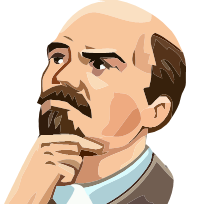
Did Dracula hurt anyone who wasn't English or Texan? I rest my case.
he ate a peasant baby and had the mother eaten by wolves for complaining
it's an origin story. he was a hero until he wasn't. he made a tricky deal with evil to defeat his supremely powerful enemies, fell into the trap, freed the demon and became evil forever. probably one of the oldest stories: good goes bad.
"Oh I unleashed an ancient evil but at least I saved my country's children from the Turks" would have been a great ending, but IIRC they had Dracula kill all of the evil vampires at the end and kind of undermined it.
Honestly I think the better ending would have been that what he had done was so evil that the Turks were better than what he had become
There's nazis who think Dracula is a good guy because he impaled a bunch of muslims before he became a vampire.
This wokeism goes too far! Also, the author was notorious for hanging out with unemployed drug addicts and I don't think we should expose our children to that.
Olympus Press
Snowflake clay men claim Prometheus was acting "righteously" -- and is in fact a VICTIM.
UGLY PEOPLE ARE BAD AND BAD PEOPLE ARE UGLY AND THE BAD THINGS IN THE WORLD ARE UGLY BECAUSE THEY ARE BAD are very real and it chills my blood to be related to some people that think that way.
It's a serial child-murderer lol.
This interpretation going around is so weird.
Gotta agree with The Sun on this one, unfortunately.
The monster strangles a four-year-old boy, says in the final scene: "It is true I am a wretch, I murder the innocent...." or something like that.
I've only come across this "the monster is the victim" stuff on Reddit. My guess it that they teach this interpretation in USA schools - do they?
The only reason to think the child-murderer is "the real victim" is his self-pitying monologues, and the way he gets rejected by people, like by that family he chops wood for, because of his ugliness. He has very similar thought-patterns to a violent incel.
The monster strangles a four-year-old boy, says in the final scene: "It is true I am a wretch, I murder the innocent...." or something like that.
Frankenstein's creation is initially an innocent child who is abandoned by his creator and left to wander the world. His initial interactions are intensely traumatic, as he's chased and beaten and tormented entirely due to his appearance. When he finds a blind man who doesn't judge him, he is more than happy to integrate with society. He educates himself, grows mature, and develops a desire for integration with society at large.
But, upon discovering that education isn't enough to integrate with society and losing access to the friend he has, he grows alienated and bitter. Surrendering to the assumption that he will never be accepted in human society, he returns to his maker and demands a companion be created for him. Frankenstein refuses, for fear of creating a race of his Creation, because he can only see the Monster as an ambling collection of human parts and not another human being.
It is only at this point when the Creation falls to despair and becomes a Monster in truth. His increasingly horrific murders are not a consequence of his creation but his continuous alienation and abuse at the hands of fellow humans.
The only reason to think the child-murderer is "the real victim" is his self-pitying monologues, and the way he gets rejected by people, like by that family he chops wood for, because of his ugliness.
The whole arc of the book is about the corruption of innocence. First, by way of Frankenstein himself, who seeks to undo death in hopes of restoring his loved ones, only to fall to increasingly profane acts. But then second, by his Creation, which seeks to discover a life for itself only to be denied time and time again.
Frankenstein's sin of creating life is only fully realized when he refuses to adopt his Creation and treat it as human. The Creation's sin was a consequence of its abuse and neglect, a story of nature versus nurture in which an innocent but ugly creature is transformed into a horror.
his sin wasn't creating life it was abusing the life he created
More abandoning than abusing.
But his process was about as vulgar and unethical as it could get.
He has very similar thought-patterns to a violent incel.
Come on, we're not doing this shit
Like he is a monster, and he's also cruelly dragged into life and then abandoned by his creator who offers him no place in the world. This isn't hidden subtext, it's just what's in the book. Literature isn't about going through the dramatis personae and dropping each character into a "good guy" box or a "bad guy" box.
the dividing line between good and evil goes across the human heart no one is a good person or a bad person ontologically people make bad or good choices and keep making that choice throughout their life
but not everybody makes choices in the same way, we have different minds under the influences of different tendencies/anusaya
the monster is a victim who then becomes a monster
It is both true that he is wrong and deplorable for killing the baby and that had he had a different upbringing and life he wouldn't have ever become the kind of person who could murder a baby. people are a product of their circumstances
I don't think so because I think the incel ideology has more of a dismisal of the personhood of others specifically women. Incels think that worth as a man comes from women sleeping with you but they don't care about the women as people instead of instruments to gain the respect of other men
The phenomenon of people who had a tough time of it being more likely to for example be violent than they would if they had stable upbringings and a position in society is not a unique observation of the incels.
The monster like Miltons devil is both a tragic and a wicked figure. You sympathise with him while recognising that what he does is wrong
